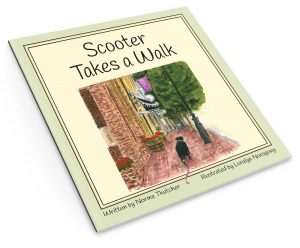
I enjoy the magazine Real Simple. It’s a blend of health, beauty, recipes, interesting articles, psychology, organizational tips, home ideas (from cleaning to decorating), and everyday advice. Real Simple is typically how I try to be: positive and uplifting.
So when the July 2016 issue arrived with the cover teaser, “Why Gossip Can Be Good for You,” I was curious enough to read that article first. It turns out, as expected, that gossip is primarily negative. The only two points I perceived as being “good” in the subject of talking about someone who isn’t present are:
1) Contribute to the gossip session, but keep it positive as in, “Yes, I heard he was sick, but I understand he has great doctors who believe he’ll make a full recovery.”
2) According to Ph.D. Frank McAndrew, gossip “strengthens bonds” between the gossipers, as in, “I’m telling you this only because I trust you.” And really, that’s a stretch for me. Because if I spread “news” about a person to twenty others, do I really trust those twenty people?
A few years ago I heard what I consider to be the best advice about gossiping, whether it’s verbally or electronically by email, text, or on any social media. Before gossiping sharing information about another person, ask yourself these three questions:
1) Is it true? In other words, am I absolutely certain beyond a doubt that the information is factual?
2) Even if it is true, does it need to be shared? After all, some things are meant to be kept personal.
3) Even if it should be shared, am I the right person to do the sharing? Or should the news come from the person himself or from someone closer to the situation than I am?
So unless you come up with a YES response to all three questions, keep the knowledge to yourself.
I searched today for an author/contributor of those questions, but the primary gossip filter that popped up is one that’s attributed to Socrates. His supposed selection process was that the information must be true, good, and useful before it should be passed along.
But I prefer the filter I presented. To me it’s deeper and more meaningful. And yes, you can pass that along!
To my readers: Do you have any personal litmus test for deciding whether or not to pass along news about someone who’s not present?



